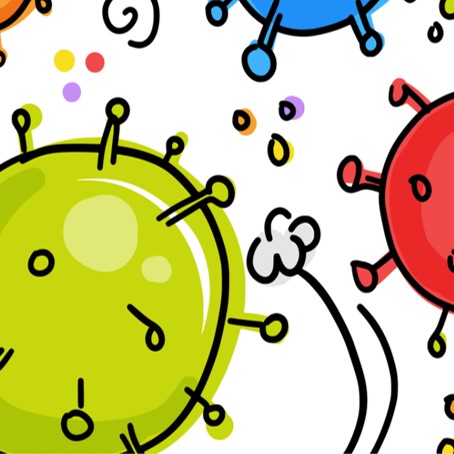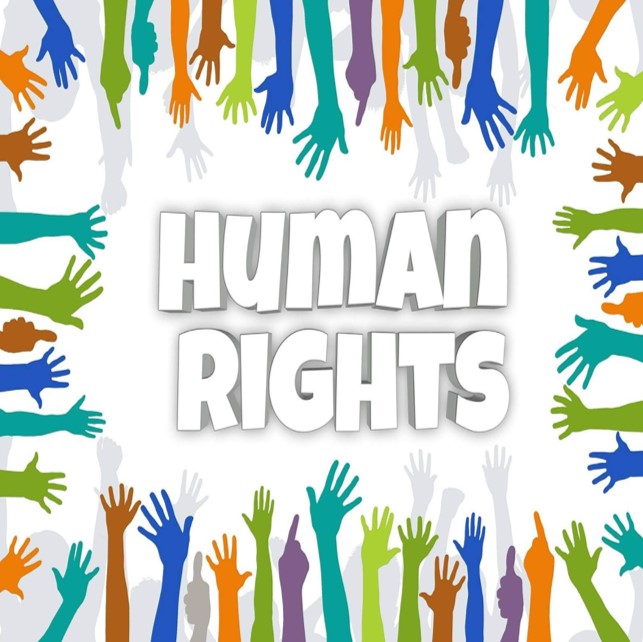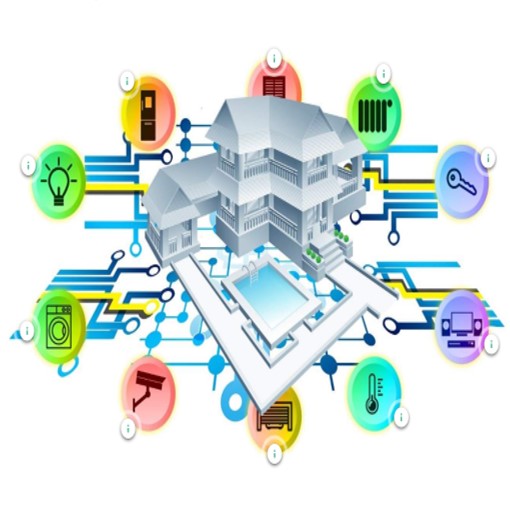Main content blocks
Section outline
-
Unit 3: Best Practice
This part of the course covers duty of care, SSSC, Care Standards, safeguarding and boundaries, infection control, digitally-enabled care.
-
 This unit is designed to develop knowledge and understanding of the causes of infection, the ways in which infection enters the body, the spread of infection and the ways in which the body fights infection. This is complemented with the knowledge and understanding surrounding antiseptic, sterilisation, disinfection procedures and disposal of infected material.
This unit is designed to develop knowledge and understanding of the causes of infection, the ways in which infection enters the body, the spread of infection and the ways in which the body fights infection. This is complemented with the knowledge and understanding surrounding antiseptic, sterilisation, disinfection procedures and disposal of infected material. -
 Providing the best care is not only about your value base which you have been learning about in previous units, it also includes your knowledge on policies, procedures and legislation. It is important that you are aware of the rights and responsibilities service users have and the rights and responsibilities of care workers too. In this unit you will be introduced to key terms such as ‘Duty of Care’ and learn more about the part the Scottish Social Services Council (SSSC) plays in how care is delivered.
Providing the best care is not only about your value base which you have been learning about in previous units, it also includes your knowledge on policies, procedures and legislation. It is important that you are aware of the rights and responsibilities service users have and the rights and responsibilities of care workers too. In this unit you will be introduced to key terms such as ‘Duty of Care’ and learn more about the part the Scottish Social Services Council (SSSC) plays in how care is delivered. -
 In this module, we will refer to the people who are being supported as individuals and explore the type of relationships they may have with care workers. Professional boundaries are those rules and limits that prevent the lines between carer and client from becoming blurred. This module will also examine the care worker’s roles and responsibilities with a particular focus on safeguarding individuals from possible harm, abuse and neglect.
In this module, we will refer to the people who are being supported as individuals and explore the type of relationships they may have with care workers. Professional boundaries are those rules and limits that prevent the lines between carer and client from becoming blurred. This module will also examine the care worker’s roles and responsibilities with a particular focus on safeguarding individuals from possible harm, abuse and neglect. -
 Every day in life we use technology. We wake up to the sound of the alarm on our mobile phone or our Alexa telling us to get out of bed. We book train and bus tickets on our apps, scan bar codes on our food using our phones, we use apps to turn on our heating, face ID opens up our bank statements, we use emails to communicate at work and we check and up-date social media frequently throughout the day. In Scotland, the government recognises the importance of digital technology and the vital part it plays in daily life.
Every day in life we use technology. We wake up to the sound of the alarm on our mobile phone or our Alexa telling us to get out of bed. We book train and bus tickets on our apps, scan bar codes on our food using our phones, we use apps to turn on our heating, face ID opens up our bank statements, we use emails to communicate at work and we check and up-date social media frequently throughout the day. In Scotland, the government recognises the importance of digital technology and the vital part it plays in daily life.
